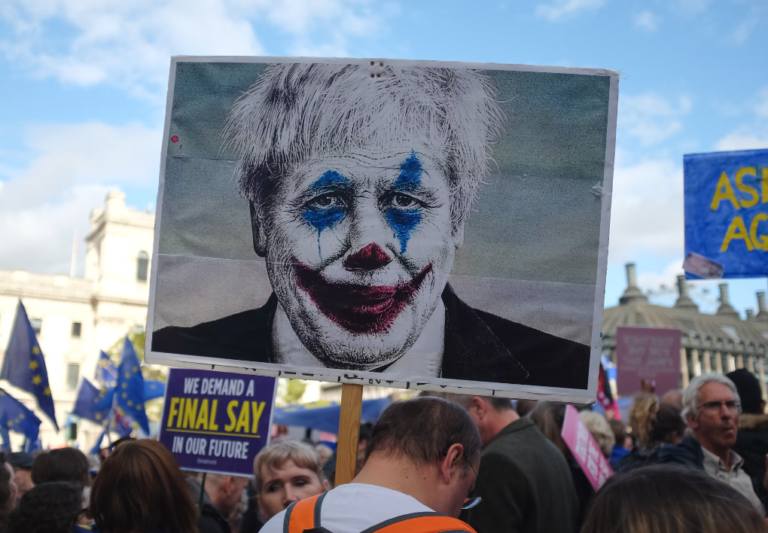Almost four years after Great Britain’s exit from the European Union, the ‘Brexit’ that had warmed the hearts of many Eurosceptics across the continent, the wave of enthusiasm seems to have definitively evaporated.
The numbers in the economic reports regarding Great Britain, in fact, appear increasingly pessimistic, even beyond the inflation effect which has hurt throughout Europe. So much so that it even led the champion of Brexit, Nigel Farage, to admit that the final outcome was not the one he had hoped for.
Table of Contents
The failure of Brexit
Interviewed by the BBC, Nigel Farage candidly admitted that Brexit was a resounding failure. According to what we thought could be achieved for the entire country, the results were non-existent, or almost non-existent.
It was the people who failed, who should have done everything in a very different way: “The Conservatives have very, very disappointed us. If there is anything Brexit has shown it is that our politicians are almost as useless as the commissioners in Brussels. Every aspect of the release was handled poorly.”
The latest report commissioned by the mayor of London, the Labor MP Sadiq Khan, from Cambridge Econometrics certifies the seriousness of the situation. “It is useless to continue to hide – he said -. Brexit is not working. It is harming our economy and the lives of our citizens.”
The numbers of Brexit
According to the report, following Brexit, London’s economy would have shrunk by as much as 30 billion pounds and the British national economy by as much as 140 billion pounds. Job losses amount to approximately 1.8 million. According to Cambridge Econometrics, without strong intervention, 350 billion could be burned from the British economy by 2035.
The average British citizen […] due to Brexit was impoverished by around 2 thousand pounds in 2023. But things went even worse for Londoners. On average they lost 3,400 pounds (around 4 thousand euros) last year compared to the previous one.
This, according to the study, is due to inflation and the cost of living exacerbated by the “consequences of leaving the EU”. For food alone, Brexit in London would have contributed to 30% of its increase from 2019 to 2023.
Getting closer to the EU
From these numbers the appeal launched by the Mayor of London for a rapprochement with the EU. There’s no point in hiding your head in the sand. Instead, we need to have an honest and mature discussion.
“Brexit is not working” he said. “And this hard version of it is sinking our economy and increasing the cost of living for citizens. It has made food more expensive, increasing the financial pressure on families. Not only that. Brexit is having a negative effect on various sectors of our economy, such as restaurants, hospitality, construction and financial services.”
Furthermore, Khan concluded, “we need migrants. I do not agree with the policy of open borders or uncontrolled immigration. At the same time, immigration is not part of the problem. But part of the solution. It is an argument that must be supported by facts, not prejudices, also because we have serious employment shortages in London at the moment. We need British workers but also foreign workers.”












